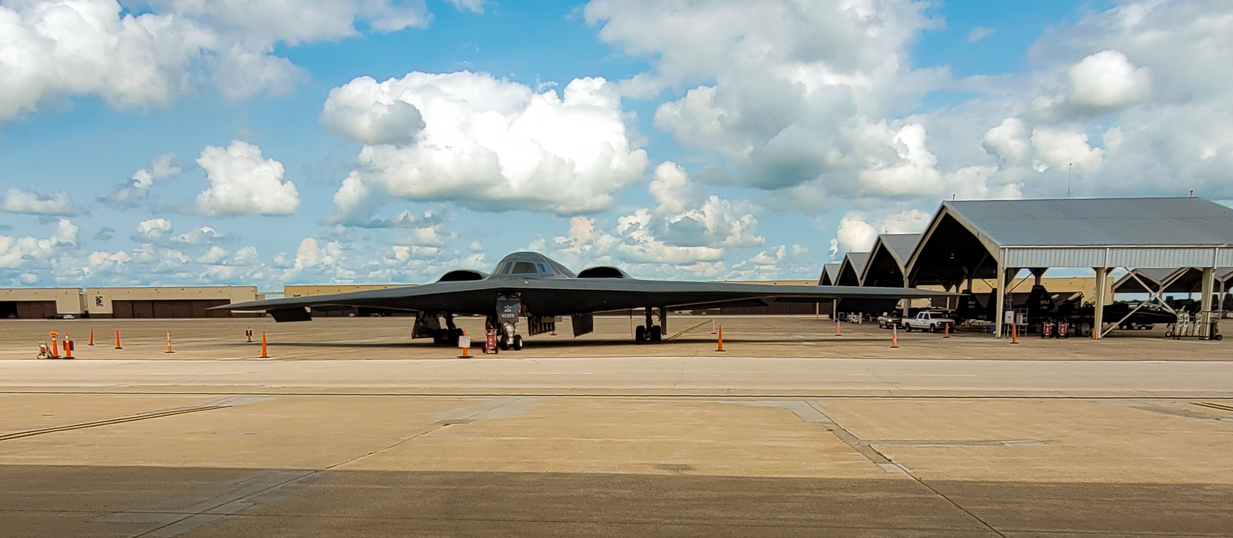

 ©LaBelleLife.com
©LaBelleLife.com
Chapter 10:16-22 (ESV) - The cup of blessing that we bless, is it not a participation in the blood of Christ? The bread that we break, is it not a participation in the body of Christ? Because there is one bread, we who are many are one body, for we all partake of the one bread. Consider the people of Israel: are not those who eat the sacrifices participants in the altar? What do I imply then? That food offered to idols is anything, or that an idol is anything? No, I imply that what pagans sacrifice they offer to demons and not to God. I do not want you to be participants with demons. You cannot drink the cup of the Lord and the cup of demons. You cannot partake of the table of the Lord and the table of demons. Shall we provoke the Lord to jealousy? Are we stronger than he?
Question to consider: What was the original purpose of animal sacrifices?
Yesterday Paul told the Corinthians to flee idolatry. This is still in the context of eating food sacrificed to idols. Even though a metal or wooden statue is a man-made object of no real consequence, the one who offered the sacrifice to it was in fact worshiping a demon and not God. The worshiper ate the food in order to take in the power or favor of the demon they worship, not just because it couldn’t be consumed by the inert statue.
Archaeological historians will probably try to pin the origin of the sacrifice of an animal or child on some ancient pagan civilization which has the oldest artifact they can find. Their goal is to always try to paint the Bible as a more modern construct that promoted monotheism over more ancient polytheistic cultures. However, even though Genesis was written by Moses after the Exodus, he was offering the Israelites history that went all the way back to the creation of the universe, a history given to him by God. Why do I believe what Moses wrote? I’d encourage you to go through my study of Genesis. Beyond its continuity with the rest of scripture and the amazing types and shadows of Christ, Jesus treated it as historical narrative. My entire belief system is predicated on the resurrection of Christ. If Jesus rose from the dead, everything He said was true.
So if I take Genesis to be God’s history given to Israel, we can see that God’s initial word to Adam was that if he or Eve ate from the tree of the knowledge of good and evil, the penalty for doing so was death. When they disobeyed God and ate from the tree, God, in His mercy, performed the first animal sacrifice to provide the garments to cover over their nakedness. It was the very first substitutionary atonement, and of course every atoning sacrifice from that point on was an image of Christ.
As people walked further away from God, they fashioned for themselves gods of their own imagination which they represented with metal or wooden statues or altars. They assigned to their gods power over everything that happened to them whether good or bad. When something good happened, they worshiped their idols in celebration. When something bad happened, they offered sacrifices to try and appease their gods. However this view of sacrifices missed the whole point of atonement.
Although an animal has been adversely affected by the fall of the world into sin, an animal does not have a sin debt to God. It does what God has created it to do. So when an Israelite would sacrifice a sinless creature as a substitute for the death they deserved, they ate of its flesh as if to take the animal’s innocence into their own body and temporarily restore them to a right relationship with God. This of course was an act of faith in God’s promises to Moses. The animal’s blood was offered to God on the altar and received by the Israelite in the drinking of the wine. Thus the Israelite participated in the blood of the animal. In pointing out this reality, Paul was making two points: the first was that in participating in the flesh of meat sacrificed to idols, the Corinthian was putting himself in the position of receiving a demon into his body instead of our Holy God.
The second point was that the church is united in taking in the flesh and blood of Christ in the communion meal. I struggled for years in how to interpret communion. Was the bread and wine a symbol? Did it in fact change into the body and blood of Jesus? If so, why did it still look like bread and wine? I think Luther dealt with this idea rather well when he described it as, “...the true body and blood of our Lord Jesus Christ under the bread and wine, instituted by Christ Himself for us Christians to eat and to drink.” The bread and wine are still bread and wine, but in taking it, we are receiving the true body and blood of our Lord. It is God’s vehicle for which we take into our bodies His perfect sacrifice and become one with every believer across time and space. This is why Jesus is called the “Lamb of God who takes away the sin of the world.” When Jesus explained this truth in John 6:22-71, many walked away from being His disciples.
So the church should refrain from knowingly eating food sacrificed to idols. Paul digs further into this tomorrow.
Dear heavenly Father, thank You for washing away our sins in our baptism and for continuing to renew us and our faith with the body and blood of Christ. May we continue to confess our sins and repent of them and continue to grow in the grace and knowledge of our Lord Jesus Christ. Amen.